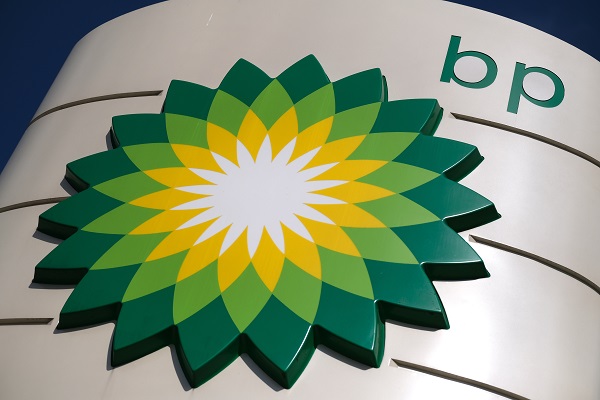ii view: BP still popular as shareholder returns bolstered
31st August 2022 11:29
by Keith Bowman from interactive investor
This oil major continues to transform as robust cashflows underpin increased shareholder returns. We assess prospects.

Second-quarter results to 30 June
- Underlying replacement cost profit up 35% from the previous quarter to $8.4 billion (£7.22 billion)
- Net debt down 30% to $22.8 billion (£19.6 billion)
- Dividend up 10% year-over-year to 6.006 US cents per share
- A further share buyback programme of $3.5 billion (£3 billion)
Chief executive Bernard Looney said:
“[These] results show that BP continues to perform while transforming. Our people have continued to work hard throughout the quarter helping to solve the energy trilemma - secure, affordable and lower carbon energy. We do this by providing the oil and gas the world needs today - while at the same time, investing to accelerate the energy transition.”
- Invest with ii: Top UK Shares | Sustainable Investing Ideas | Open a Trading Account
ii round-up:
Founded in 1901, oil major BP (LSE:BP.) today operates across four areas.
Production and operations account for its core hydrocarbon operations. Customer and products combine its Castrol lubricants, aviation fuelling, and retail forecourt or convenience sites.
Gas and low carbon energy integrate its natural gas capabilities with low and zero carbon businesses and markets, while innovation and engineering is home to its safety and operational assurance authorities.
For a round-up of these latest results, published on 2 August 2022, please click here.
ii view:
BP previously began a new strategy to become an Integrated Energy Company (IEC), increasing its production of low carbon energies and reducing hydrocarbon production. Initiatives undertaken in this latest quarter include plans to partner with Iberdrola to develop large-scale integrated green hydrogen production in Spain, Portugal and the UK, and submitting bids for two offshore wind leases in the Netherlands.
- Read about: Free regular investing | Opening a Stocks & Shares ISA | Cashback Offers
For investors, the volatility of energy prices cannot be forgotten. The political fallout with Russia and its reduced, or even ceasing of energy supplies now sit against concerns for a global recession and the potential impact on demand and prices. Continued pandemic lockdowns in China hindering demand also remain a problem.
Global warming concerns remain pressing while investments in low-carbon energies are required. This comes at a price as the cost of buying such assets is likely pushed higher as established players like SSE (LSE:SSE) and industry rivals such as TotalEnergies SE (EURONEXT:TTE) also take an interest. Despite the implementation of a UK windfall tax, possible future increases and other government attempts to raise funds to help energy bill pressured consumers also warrant consideration.
- Dividend investing: four tips to beat rising inflation
- 10 things to know about investing in volatile markets
- ii view: Harbour Energy ups shareholder returns
On the upside, energy majors have arguably become accustomed to dealing with energy price volatility. Moves to becoming an IEC continue to be taken, while the boost to cashflows from elevated energy prices is underpinning raised shareholder returns via a newly announced $3.5 billion (£3 billion) share buyback programme and increased dividend payment.
On balance, and with the shares sat on a prospective dividend yield of over 4% and consensus analyst estimate of fair value standing at over 500p per share, income investors at least will likely remain loyal.
Positives:
- Increasing renewable energy generation
- Focus on shareholder returns
Negatives:
- Competition for renewable energy assets is intense
- Highly uncertain economic outlook
The average rating of stock market analysts:
Buy
These articles are provided for information purposes only. Occasionally, an opinion about whether to buy or sell a specific investment may be provided by third parties. The content is not intended to be a personal recommendation to buy or sell any financial instrument or product, or to adopt any investment strategy as it is not provided based on an assessment of your investing knowledge and experience, your financial situation or your investment objectives. The value of your investments, and the income derived from them, may go down as well as up. You may not get back all the money that you invest. The investments referred to in this article may not be suitable for all investors, and if in doubt, an investor should seek advice from a qualified investment adviser.
Full performance can be found on the company or index summary page on the interactive investor website. Simply click on the company's or index name highlighted in the article.